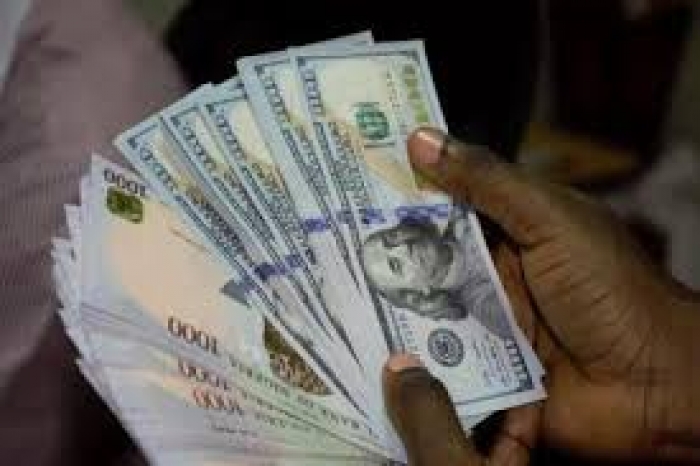July 01, 2025
Nigerian stock market soars with N13.2trn windfall for investors in Half 1, 2025
by Super User
Nigeria’s equity markets delivered exceptional performance in the first six months of 2025, generating massive…
June 26, 2025
Peter Obi decries ‘coordinated lawlessness’ after brother’s property is demolished in Lagos without court order
in POLITICS
by Super User
Former presidential candidate Peter Obi has condemned what he described as a brazen act of…
July 01, 2025
The biggest communication mistake many people make
in FEATURES
by Super User
Maybe it's the Gen Z in me, but I’m not a fan of corporate jargon.…
June 21, 2025
Man convicted of posing as flight attendant to fly for free 120 times
in Strangely
by Super User
A 35-year-old American man has been found guilty of impersonating a flight attendant at least…
June 30, 2025
Bandits strike again in Benue, kill four policemen in fresh attacks
in Crime
by Super User
Armed bandits on Sunday launched another deadly assault on Benue State, killing at least four…
July 01, 2025
Here’s the latest as Israel-Hamas war enters Day 634
in WARS
by Super User
Israel strikes pound Gaza, killing 60, ahead of US talks on ceasefire Israeli strikes killed…
June 30, 2025
The computer-science bubble is bursting
Rose Horowitch The job of the future might already be past its prime. For years,…
May 13, 2025
Nigeria's Flying Eagles qualify for World Cup after dramatic win over Senegal
in Sport
by Super User
Nigeria's U-20 national football team, the Flying Eagles, have secured their place at the 2025…


































































